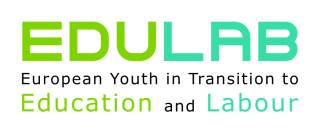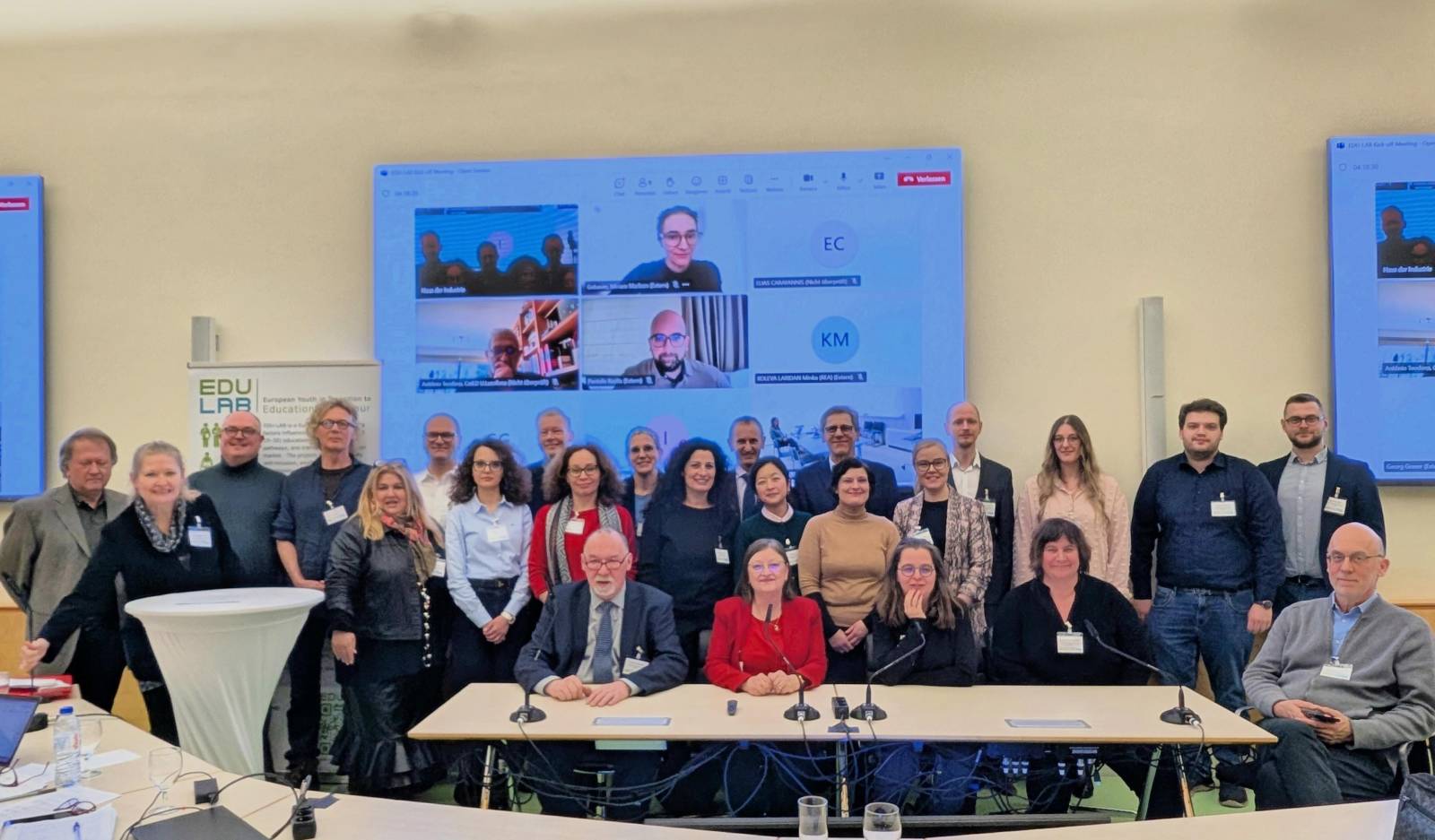The project aims at
- Developing comprehensive models of pathways and transitions per country in the European Education Area (EEA) including their intersectional and largely generic determinants
- Carrying out an assessment of the efficiency of policies and investments in GE and PVET
- Providing novel quantitative and qualitative evidence on how determinants, including policies and investments, contribute to young people’s pathways and transitions, specifically to inclusion and equity, and their participation and completion of GE and PVET.
The project will carry out case studies in seven countries and 12 regions to make the voice of young Europeans heard. In Finland, the areas are Helsinki and the Tampere region. The aim is to identify the challenges of the transitions between education and working life by involving young people, and to produce information and policy and practical recommendations that support young people’s participation in education and training and the transition to working life.
The project consortium is led by the Austrian Economica Insitute of Economic Research. Project partners include National and Kapodistrian University of Athens, Lusófona University, Evaluation Agency Baden-Wuerttemberg, Bamberg University, AlmaLaurea Interuniversity Consortium, Kolegji AAB, Birmingham City University, Maria Grzegorzewska University, and University of Graz.
The research team at the University of Tampere is led by Professor Petri Nokelainen. The research team also includes Researcher Sini Teräsahde and Postdoctoral researcher Laura Pylväs.
Follow the project’s website and social media channels to hear about its progress.



